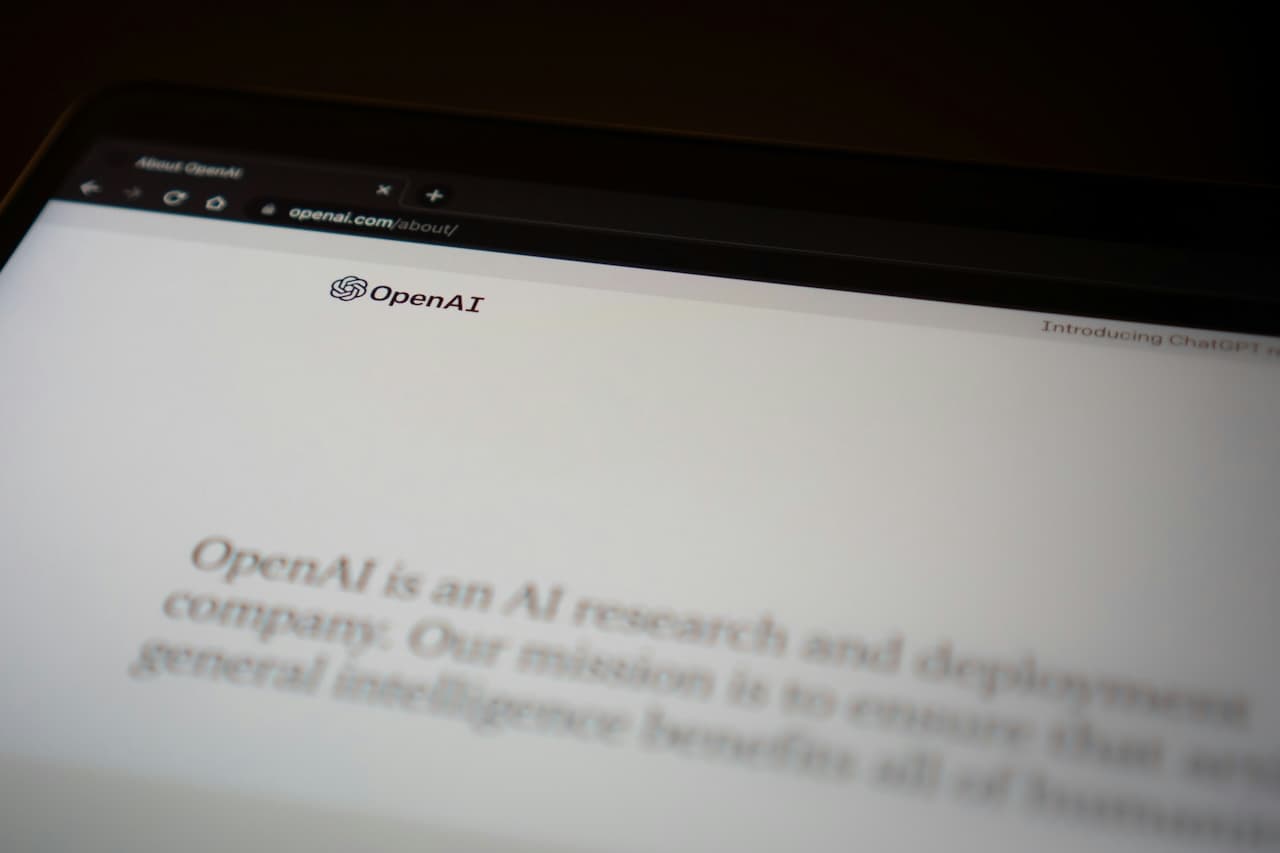
In developing AI models like ChatGPT, ensuring fairness and minimizing harmful bias is a key objective. While AI systems have made great strides in assisting users with various tasks, such as writing resumes or offering entertainment suggestions, they can sometimes reflect the societal biases present in the data they were trained on. A recent study aimed to assess whether subtle cues, such as the user's name, could influence ChatGPT's responses and, if so, whether these influences could lead to biased outputs.
Most AI fairness studies traditionally focus on "third-person fairness," where institutions use AI to make decisions about others, such as evaluating job applications or determining creditworthiness. In contrast, this research focused on "first-person fairness," which explores how the AI interacts with users directly and whether its responses differ based on the user’s identity. Specifically, the study examined whether ChatGPT’s awareness of users' names—often associated with gender, race, or ethnicity—would affect the quality or tone of its replies.
Names are frequently shared with ChatGPT for personalized tasks, like drafting emails. However, this raises the question: Does knowing a user's name introduce bias into ChatGPT's responses?
To measure fairness, the researchers tested ChatGPT's responses to identical requests but with names that carried different cultural, racial, or gender associations. For example, the system compared how ChatGPT responded to users with names like "John" versus "Amanda." To analyze trends across millions of real interactions, a specialized model called a Language Model Research Assistant (LMRA), powered by GPT-4o, was employed. The LMRA reviewed anonymized transcripts, ensuring privacy while providing insights into any patterns of bias.
Both the LMRA and human raters assessed ChatGPT’s responses. The study found that, in terms of gender, the language model's judgments were aligned with human evaluations over 90% of the time. However, accuracy was slightly lower when evaluating racial and ethnic biases.
Overall, the study found that ChatGPT provided consistent, high-quality responses, regardless of the gender, race, or ethnic associations of the names involved. In the small percentage of cases where name-based differences emerged, only about 0.1% reflected harmful stereotypes. Tasks that required longer responses, such as creative writing, were slightly more likely to reveal subtle biases. For instance, in prompts asking the AI to "write a story," the study noticed that responses to female-sounding names more often featured female protagonists compared to responses for male-sounding names.
Across various domains—ranging from employment advice to legal document drafting—the rate of harmful stereotypes in responses remained low, averaging less than 1% across all tasks. Older models, such as GPT-3.5 Turbo, exhibited a higher level of bias compared to newer versions like GPT-4.0.
While the occurrence of biases was infrequent, the study highlighted that even these rare instances could have broader impacts when scaled to the millions of interactions that occur on the platform.
The study acknowledges several limitations. For instance, not all users share their names, and the research was primarily focused on English-language interactions with binary gender and limited racial categories (Black, Asian, Hispanic, and White). As AI systems continue to evolve, the team recognizes the importance of expanding fairness studies to include a broader range of demographics, languages, and cultural contexts.
Moving forward, the methodology used in this study will serve as a benchmark for future evaluations of fairness in AI models. By continuously tracking and refining how AI systems respond to different users, researchers hope to mitigate biases and enhance the fairness of AI interactions.
This research marks a significant step in understanding how AI systems like ChatGPT respond to users based on their identity. While the results are encouraging, showing a low rate of harmful biases, continuous improvements are necessary to build trust and ensure that AI remains fair and unbiased for all users. Transparency, ongoing research, and collaboration with the broader community will be critical in addressing these challenges.
The findings also contribute to the larger conversation about fairness in AI and provide valuable insights for improving future models. As AI technology continues to shape the way we communicate and work, ensuring that these systems are fair and equitable remains a top priority.